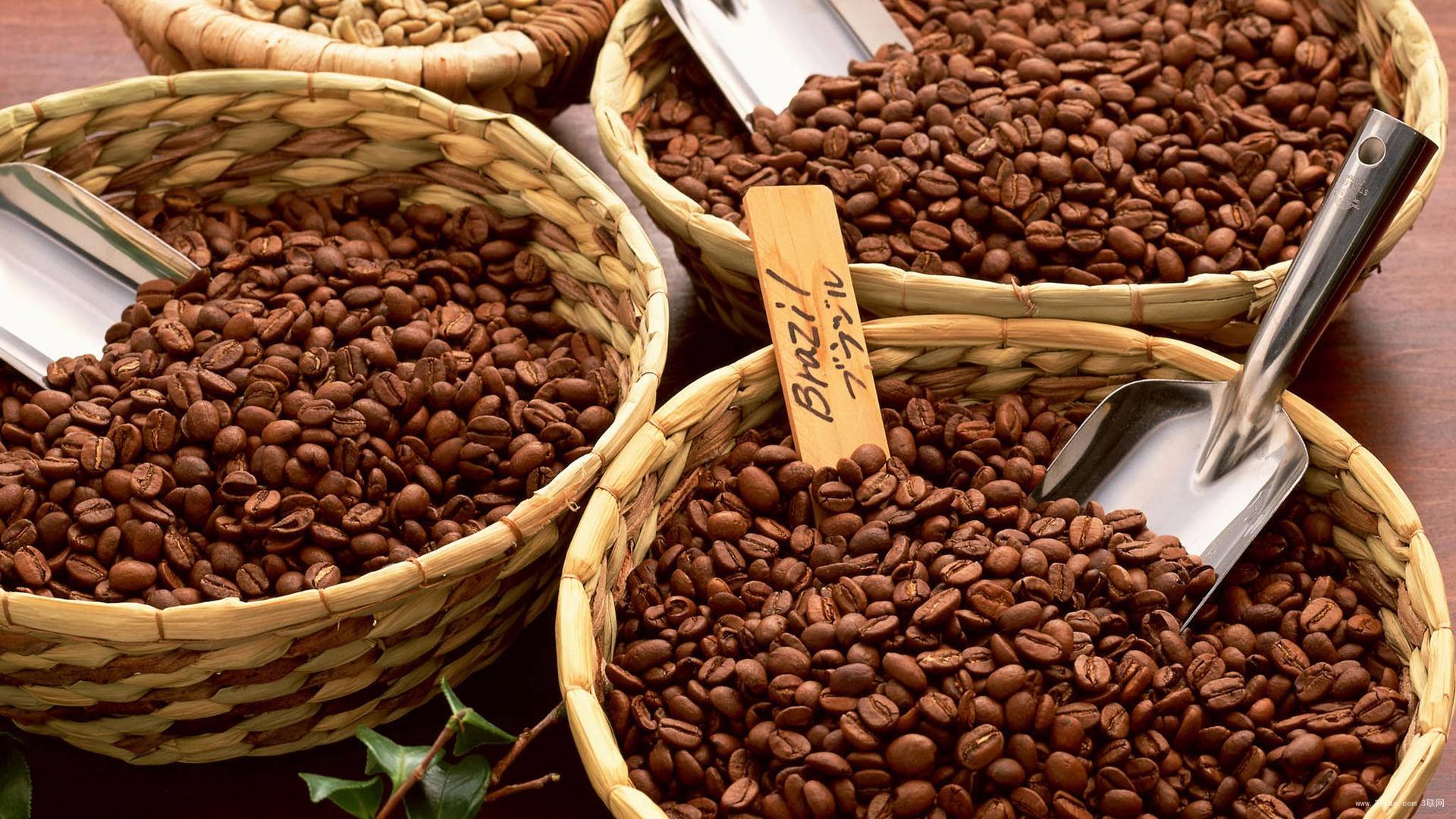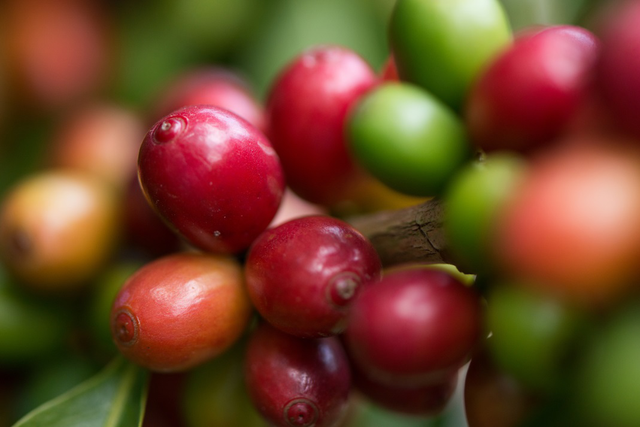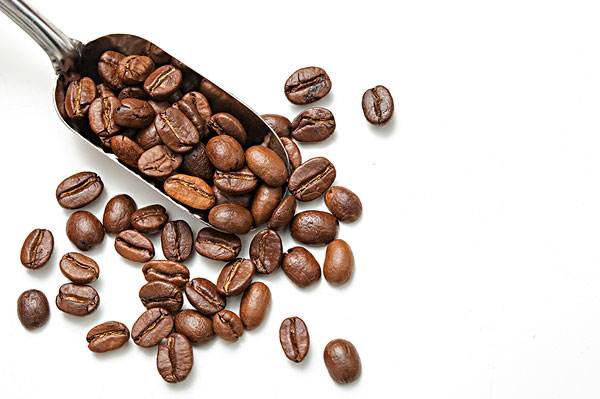Jamaican coffee culture and introduction
Follow the caf é (Wechat official account vdailycom) and found that Beautiful Cafe opened a small shop of its own.
The flavor of Jamaica Blue Mountain Coffee is characterized by the nutty flavor of dark chocolate, low acidity, mellow, soft and supple taste. So, what makes it have such a sense?
One, variety
Jamaican Blue Mountain Coffee is one of the most famous island coffee in the world. The variety of Jamaican Blue Mountain is Typica. In fact, the flavor of Blue Mountain Coffee is very easy to recognize, which is the dark chocolate flavor unique to the very traditional classical Typica coffee. Not milk chocolate, but the dark chocolate flavor with a purity of more than 92, which is brought by the pure variety of Typica. Typica coffee is very resistant to leaf rust. Typica coffee, which was widely cultivated in Central and South America, has been constantly changed because of the spread of leaf rust. However, due to the geographical advantages of Jamaica, Typica is still the main variety here, and the incidence of leaf rust is very low.
Because Jamaica is an island country in the Caribbean, Blue Mountain Coffee does not have the advantage of high altitude, so it does not have the pleasant and bright acidity of Central American high-altitude coffee. Mild and low acid is its characteristic, although the soil of the Blue Mountains also belongs to volcanic rock soil. Because the altitude is not high, so the alcohol thickness of Blue Mountain Coffee is medium, we do not use mellow to describe Jamaica Blue Mountain Coffee, but mild mellow.

Second, the way of treatment.
Since the start of cultivation in Jamaica Blue Mountain, it has been treated with full washing. At this point, Jamaicans are so smart that they will never treat the fresh fruits of Blue Mountain Coffee in different ways, which also brings exquisite and supple sensory characteristics to Jamaican Blue Mountain Coffee. As we all know, Japan is the main consumer of Jamaica Blue Mountain, not because of its illustrious background, but because its low bitter, mellow and low sour taste is more in line with the Japanese sensory appeal for coffee.
Three, baking
CIB of Jamaica Coffee Industry Authority has strict and stubborn baking requirements for roasters who can use Jamaican Blue Mountain Coffee logo, and the degree of roasting must be moderate, which was called City in the early years. When identifying roasters, Jamaican CIB officials repeatedly test the roasters' baking results, which shows that Jamaican Blue Mountain coffee is not suitable for light roasting and is not allowed to be lightly roasted if it is used by the Jamaican official logo.
Not only the baking degree is strictly controlled, but CIB has its own operating rules at different stages of the coffee roasting process. No matter the time of dehydration, the time from Maillard reaction to explosion and the development time of explosion, there are also clear technical requirements. Today, it seems that these standards are not suitable for coffee with flower and fruit tonality as the theme, but Uncle Dou personally thinks that it is suitable for the raw bean characteristics of Jamaican Blue Mountain Coffee. This is also done out of consideration of Jamaican Blue Mountain Coffee from variety to planting conditions.
Jamaica Blue Mountain New Coffee beans
The real Blue Mountain Coffee is one of the most advantageous coffee growing conditions in the world. The weather, geological structure and topography of Jamaica provide a unique ideal place. The ridge across Jamaica extends to the eastern part of the island, with the Blue Mountains rising to more than 2100 meters. The cool weather, foggy weather and frequent rainfall reconcile the rich land of Rain Water. Here people use mixed planting to grow coffee trees next to banana and avocado trees on terraces.
Some small estates also grow Blue Mountain Coffee, such as Wallenford Estate, Silver Hill Estate and Atlanta Estate in J.Martinez. Even the largest landowners in the region are small-scale growers by international standards, many of whom are small landowners whose families have been working on the land for two centuries. The coffee industry in Jamaica faces a series of problems, such as the impact of hurricanes, the increase in labor costs and the difficulty of mechanizing terraces. It is difficult to rationalize planting on many small estates and farms.
However, Blue Mountain Coffee is one of those coffee retailers that value credibility to stock some coffee no matter what. A leading British retailer said: regardless of the price, he will continue to sell Blue Mountain coffee all year round because he has many customers who only recognize "Blue Mountain".
Now, 90% of the post-harvest Blue Mountain coffee is bought by the Japanese. In 1992, Jamaica sold 688 tons of Blue Mountain coffee to Japan, 75 tons to the United States and 59 tons to Britain. Now that the rest of the world can only get 10% of the output of Blue Mountain coffee, regardless of the price, blue mountain coffee is always in short supply. In the UK, Langford Brothers Brothers has been the only supplier for many years. Later, the Edmunds Group (Edmonds Group) also received supplies from Jamaica's Salda Food Company (Salda Foods).
Langford Brothers Brothers is a licensed Jamaican Blue Mountain Coffee brand.
The difference in transportation between Blue Mountain Coffee and other coffee is that it is transported in barrels with a capacity of 70 kilograms, a replica of Bonifieur barrels produced in Guadeloupe in the last century. The barrel was originally used to carry flour shipped from the United Kingdom to Jamaica, usually with a trademark and the name of the manufacturer. The Coffee Industry Council issues certificates for all authentic Jamaican coffee and bears a stamp of approval before export.
The Jamaican government used to insist that all Blue Mountain coffee is roasted in Jamaica to ensure that the quality remains the same. In fact, baking is a fine art, and it takes experience, training and expensive equipment to do a good job. From the consumer's point of view, coffee beans should be obtained and drunk immediately after baking. Coffee roasting in Jamaica is unlikely to meet this requirement. Now, raw coffee beans from Jamaica can be exported.
Important Notice :
前街咖啡 FrontStreet Coffee has moved to new addredd:
FrontStreet Coffee Address: 315,Donghua East Road,GuangZhou
Tel:020 38364473
- Prev

The main export share of Jamaican coffee
Follow the comments (Wechat official account vdailycom) found that the beautiful cafe opened a small shop of its own, so where do the main players of Jamaican coffee come from? in 2015, the top 10 players are as follows: the first Japan 366t (winning the championship for 5 consecutive years), the second US 94 tons, the third UK 32 tons, the fourth Germany 17 tons fifth.
- Next

The reason why Blue Mountain Coffee is recognized as the best in the world.
Following Cafe Review (Wechat official account vdailycom) found that Beautiful Cafe opened a small shop of Blue Mountain Coffee, the best coffee. Blue Mountain Coffee has full bean shape and high quality. Its taste is very subtle, sour, fragrant, mellow, sweet even and strong, slightly bitter, harmonious taste, excellent flavor, mellow throat rhyme is even more interesting.
Related
- Detailed explanation of Jadeite planting Land in Panamanian Jadeite Manor introduction to the grading system of Jadeite competitive bidding, Red bid, Green bid and Rose Summer
- Story of Coffee planting in Brenka region of Costa Rica Stonehenge Manor anaerobic heavy honey treatment of flavor mouth
- What's on the barrel of Blue Mountain Coffee beans?
- Can American coffee also pull flowers? How to use hot American style to pull out a good-looking pattern?
- Can you make a cold extract with coffee beans? What is the right proportion for cold-extracted coffee formula?
- Indonesian PWN Gold Mandrine Coffee Origin Features Flavor How to Chong? Mandolin coffee is American.
- A brief introduction to the flavor characteristics of Brazilian yellow bourbon coffee beans
- What is the effect of different water quality on the flavor of cold-extracted coffee? What kind of water is best for brewing coffee?
- Why do you think of Rose Summer whenever you mention Panamanian coffee?
- Introduction to the characteristics of authentic blue mountain coffee bean producing areas? What is the CIB Coffee Authority in Jamaica?

